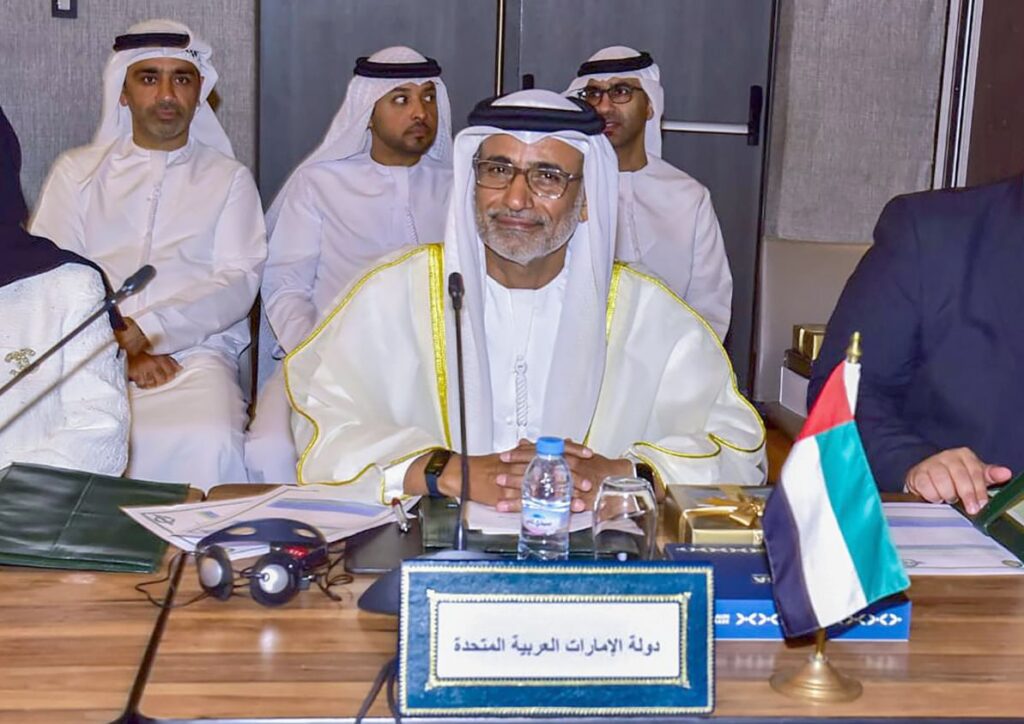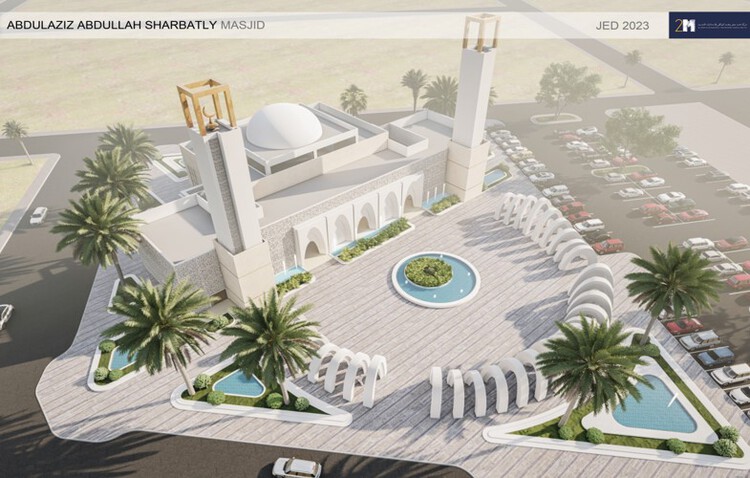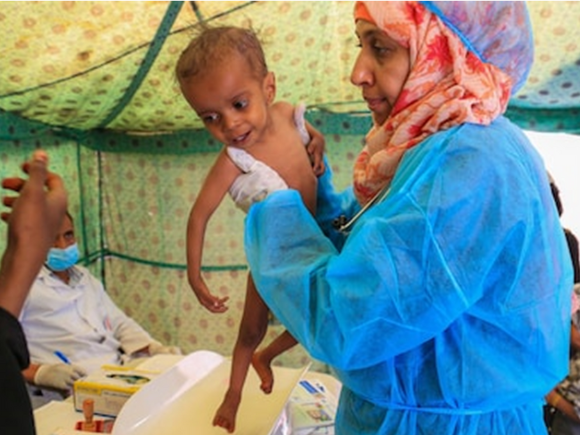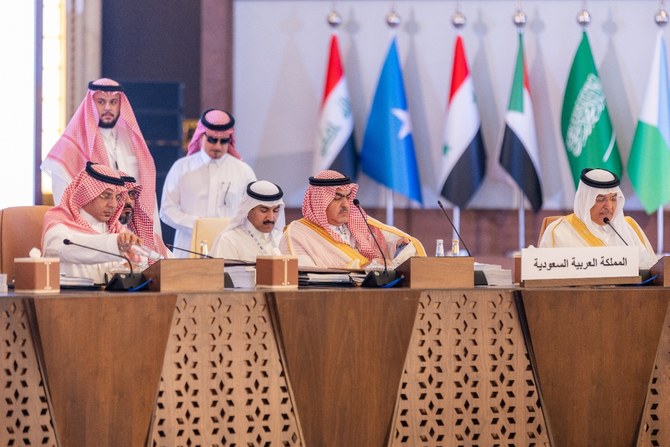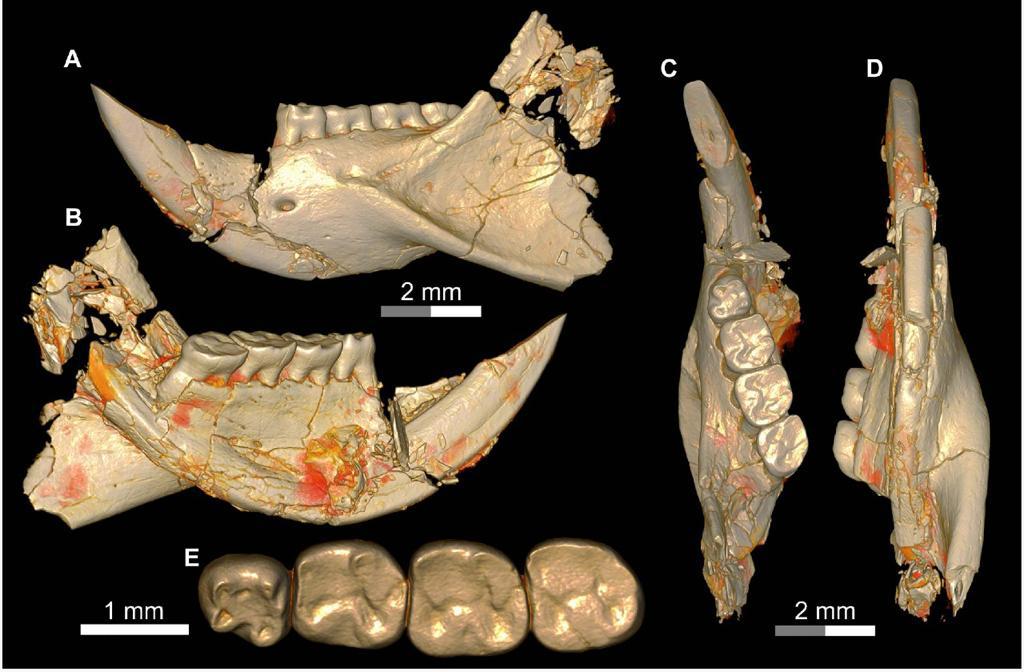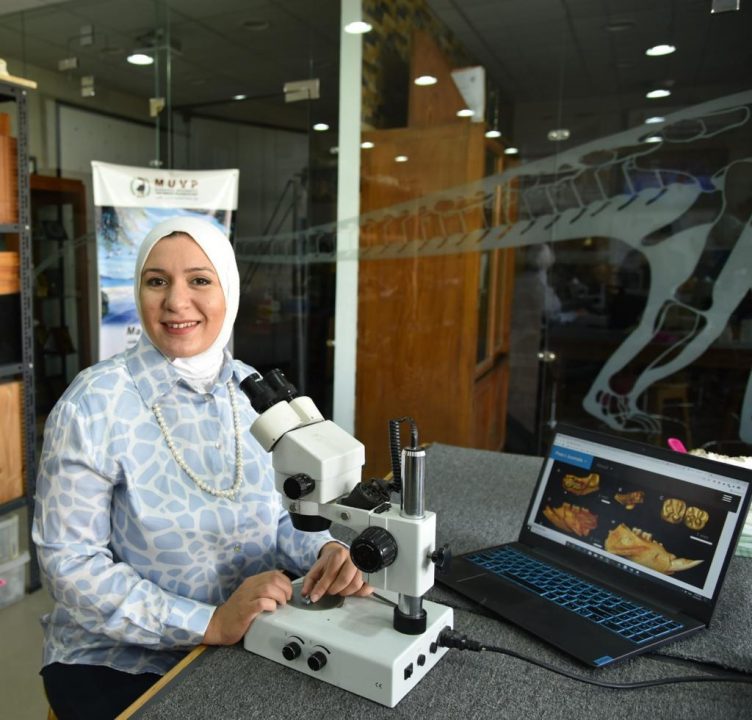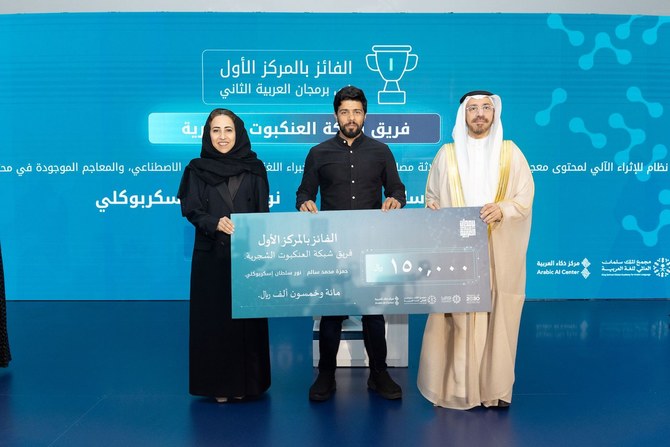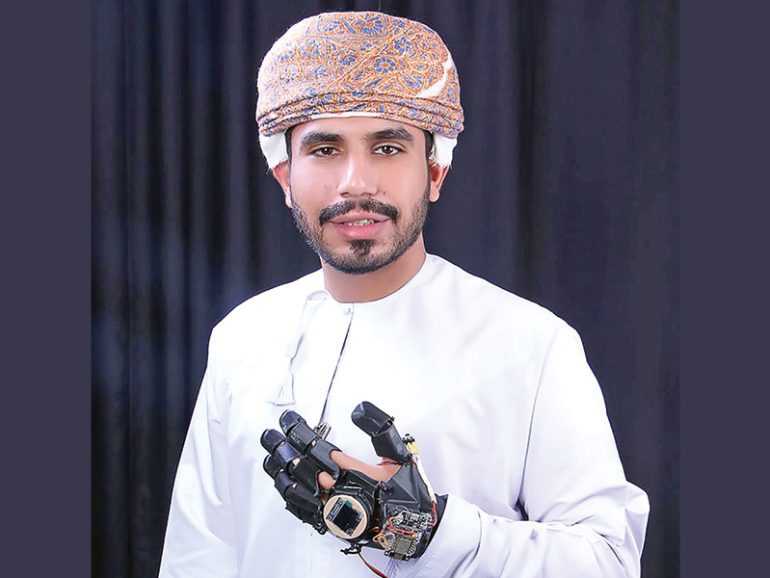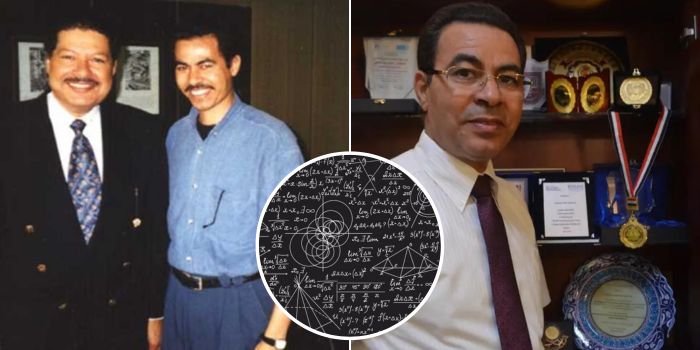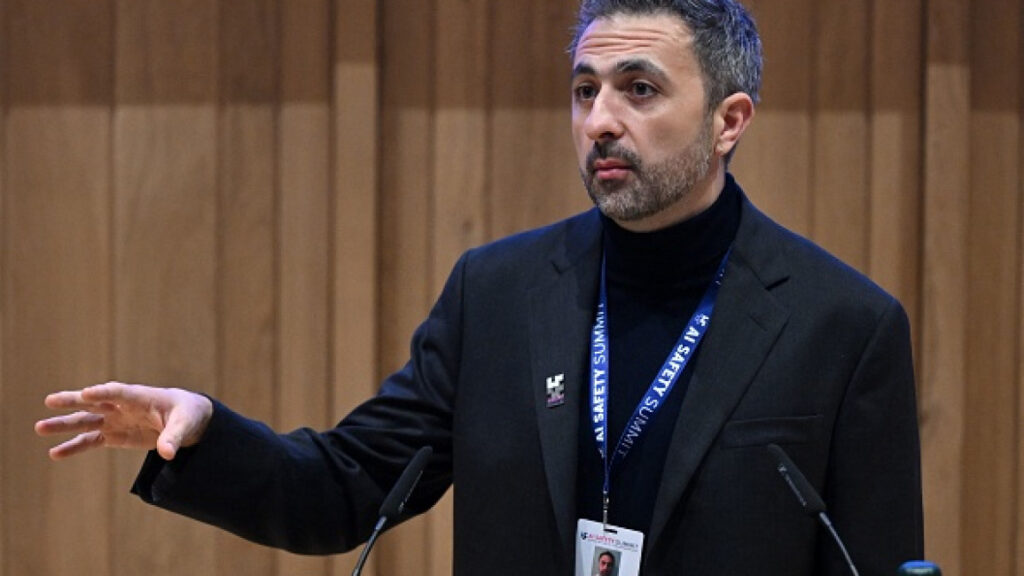Dubai Electricity and Water Authority (DEWA), signed a 30-year water purchaser agreement with Saudi Arabia’s ACWA Power for phase 1 of the Hassyan sea water desalination project using solar power. The project is part of DEWA’s efforts to increase its water desalination capacity to 730 MIGD by 2030, from 490 MIGD at present. The project aligns with Dubai’s unparalleled economic growth and the Emirate’s thriving construction sector. This complements the Dubai 2040 Urban Master Plan, addresses the substantial population growth, and meets the steadily increasing demand for water in domestic, commercial, and other consumer sectors.
The agreement was signed by HE Saeed Mohammed Al Tayer, MD & CEO of DEWA; and Mr. Mohammad Abunayyan, Chairman and Founder of ACWA Power. Officials from both entities were present.
Last August, DEWA announced ACWA Power as the ‘Preferred Bidder’ for the construction and operation of the 180 Million Imperial Gallon per Day (MIGD) Sea Water Reverse Osmosis Hassyan Phase 1 Independent Water Producer (IWP) project, with an investment of AED 3.357 billion (USD 914 million). The allocated land area for the project is 252,300 square metres. DEWA achieved a world record by receiving the lowest bid of 0.36536 USD/m³ of desalinated water. This project is the largest of its kind in the world for water production based on Sea Water Reverse Osmosis (SWRO) technology using solar energy. It is DEWA’s first Independent Water Producer (IWP) model project. The water desalination capacity in Dubai is currently 490 MIGD. This capacity will increase to 670 MIGD in 2026 with the completion of this project.
Dubai Electricity and Water Authority (DEWA) signed a 30-year water purchaser agreement with Saudi Arabia’s ACWA Power for phase 1 of the Hassyan sea water desalination project using solar power
“We are pleased to sign the agreement with ACWA Power. This project supports the vision of His Highness Sheikh Mohammed bin Rashid Al Maktoum, Vice President and Prime Minister of the UAE and Ruler of Dubai, to enhance water supplies in Dubai from sustainable sources and achieve the Dubai Clean Energy Strategy 2050 and the Dubai Net Zero Carbon Emissions Strategy 2050 to provide 100% of Dubai’s total power capacity from clean energy sources by 2050. We are building water production plants based on Sea Water Reverse Osmosis (SWRO) technology which require less energy than Multi-Stage Flash distillation (MSF) plants, making it a more sustainable choice for water desalination. By 2030, DEWA aims to produce 100% of desalinated water by a mix of clean energy and waste heat,” said HE Saeed Mohammed Al Tayer, MD & CEO of DEWA.
HE Saeed Mohammed Al Tayer, MD & CEO of DEWA, said: “We ensure the continuation of the 100% availability of DEWA’s services according to the world’s highest levels of availability, reliability, and efficiency thanks to our state-of-the-art infrastructure and advanced technologies. This is based on innovation and sound scientific planning so that we contribute to making the UAE the world’s leading nation by its centennial in 2071.”
Mohammad A. Abunayyan, Chairman of the Board of Directors, ACWA Power, said: “This agreement between ACWA Power and DEWA is another example of the strong collaboration between ourselves and our valued partners in the United Arab Emirates. The Hassyan IWP will be the largest plant of its kind in the world, and we have set a new record for the lowest levelised water tariff. The plant will be highly efficient, desalinating water through reverse osmosis powered by solar energy. With our years of experience in the industry, ACWA Power has ambitious aims and we are proud of continually breaking records through innovation and using new technologies to enhance water security. With this project, we are reaffirming our commitment with our partners towards achieving the Dubai Clean Energy Strategy 2050.”
source/content: smartwatermagazine.com (headline edited)
___________
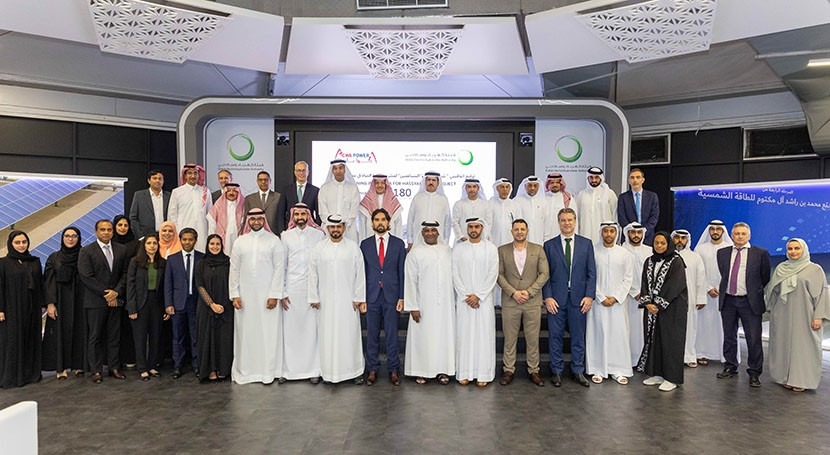
The Hassyan IWP in Dubai will have a production capacity of 180 million gallons per day of desalinated wate
_____________________________________________________
DUBAI, UNITED ARAB EMIRATES / SAUDI ARABIA
